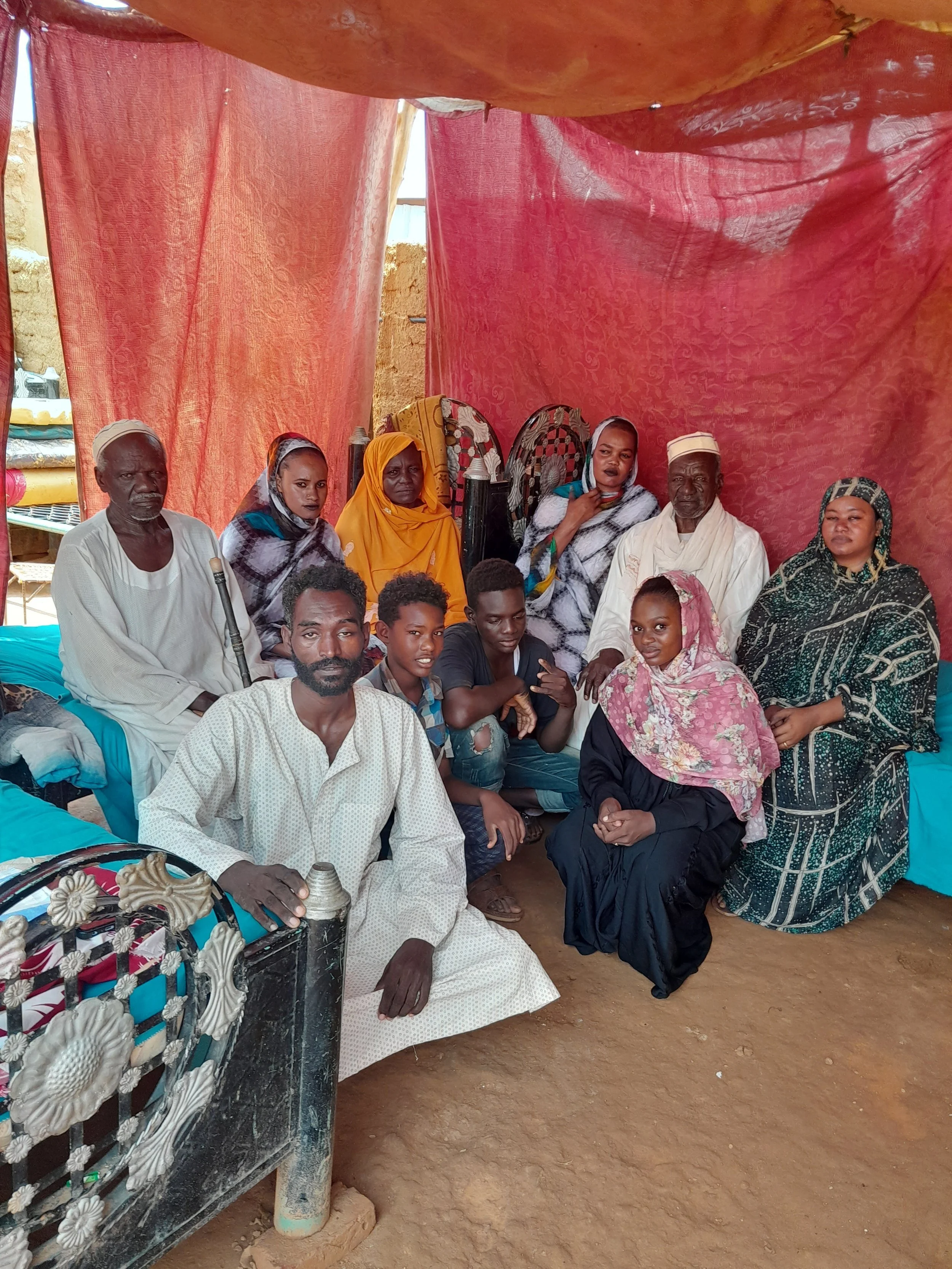The times for conjugal duty prescribed in the Torah are: for men of independence, every day; for laborers, twice a week; for ass-drivers, once a week; for camel-drivers, once in thirty days; for sailors, once in six months. These are the rulings of Rabbi Eliezer.
-Mishna Ketubot 5:6, Marriage Duties Under Jewish Law, Written 190-230 CE
Compared to their ass driving friends back home, Ibrahim and Bilal were in the wrong line of work. And even so, the math doesn’t add, for how were they expected to get some every thirty days on the Way of the Forty? Never mind…




